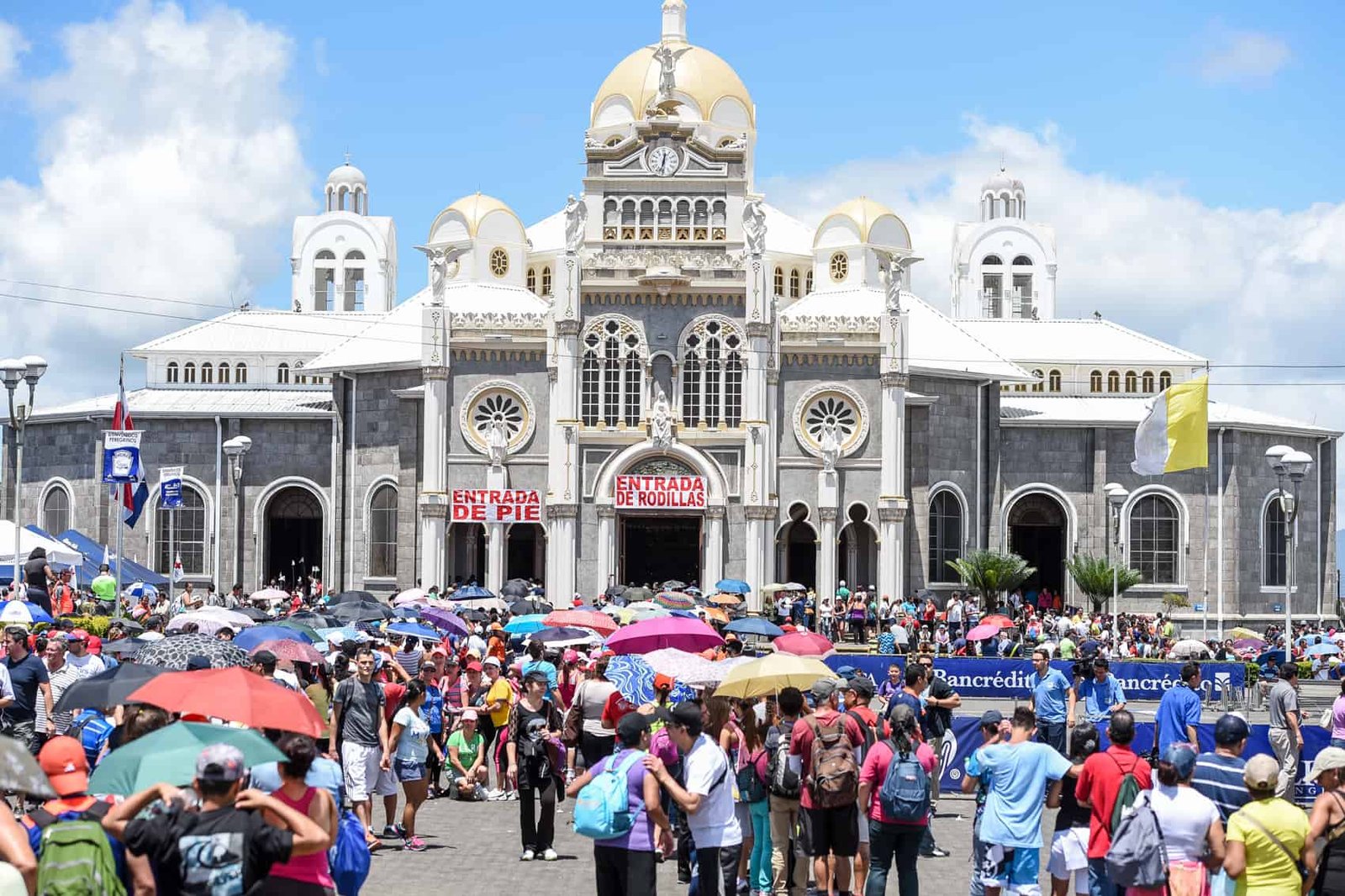The Canadian government updated its travel advisory for Costa Rica this week, recommending that its citizens “exercise a high degree of caution” due to an increase in violent crime and petty crime in key tourist destinations in the Central American country.
The advisory comes at a time when Costa Rican authorities insist that insecurity does not pose a direct threat to tourism.
The update, published on July 31 on the official Travel.gc.ca website, emphasizes that crimes such as theft, assault, and armed robbery occur frequently, especially in areas popular with international visitors. San José, the Pacific coast-including areas such as Jacó, Manuel Antonio, and Santa Teresa-and the Caribbean coast-with an emphasis on Puerto Viejo and Limón-are identified as high-risk areas.
The report mentions that tourists are frequently targeted by organized criminal gangs, which operate in teams to distract and rob their victims, particularly in transportation terminals, hotel lobbies, restaurants, and on beaches. It also warns about vehicle theft, card fraud, and the risk of consuming adulterated alcohol or tampered food and beverages. In response to growing concerns,
Security Minister Mario Zamora recently told national media that “insecurity is not affecting tourism.” He stated that the country remains a safe destination for foreign visitors and that police operations have been intensified in areas with high tourist traffic.
Zamora also called for “not giving in to alarmism” and assured that many of the homicides reported in the country are related to settling scores between drug gangs, with no direct connection to tourists.
“There is no systematic threat against foreign visitors. Our main interest is to preserve Costa Rica’s international image as a country of peace and nature,” he said.
The Canadian warning reflects a pattern that has also been noted in reports from other governments, such as the United States and the United Kingdom, whose recommendations highlight similar risks. Although Costa Rica has not been downgraded to a severe alert category, the tone of these warnings may influence the decision-making of potential travelers and tour operators.
Security and tourism experts agree that the perception of insecurity, even when it does not directly affect visitors, can have economic repercussions if not managed properly.
“Tourism is a sector that is extremely sensitive to the perception of risk. Although objective data show that tourists are not frequent victims of extreme violence, official warnings from foreign governments do carry significant weight,” said Daniel Vargas, a tourism consultant.




